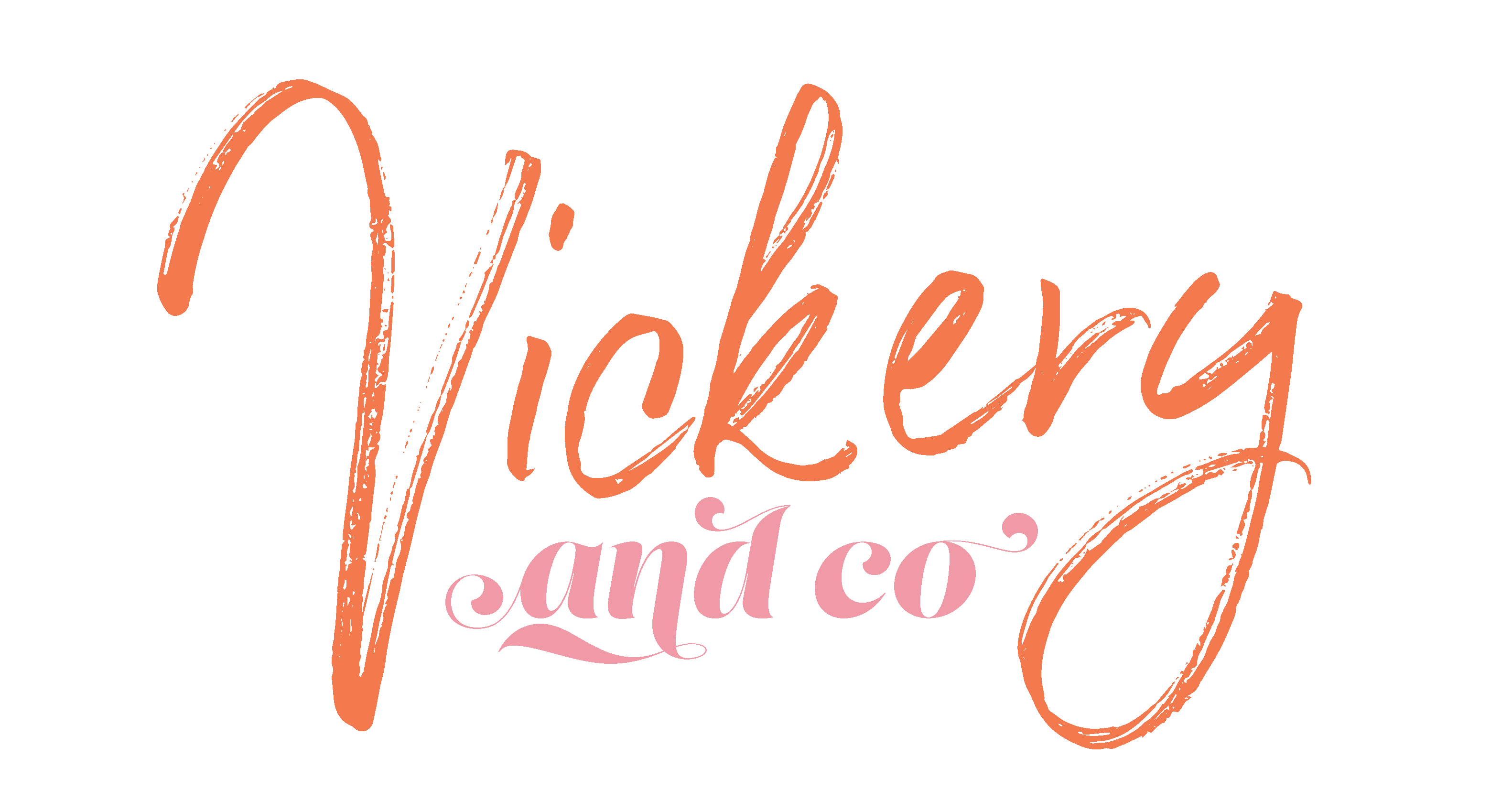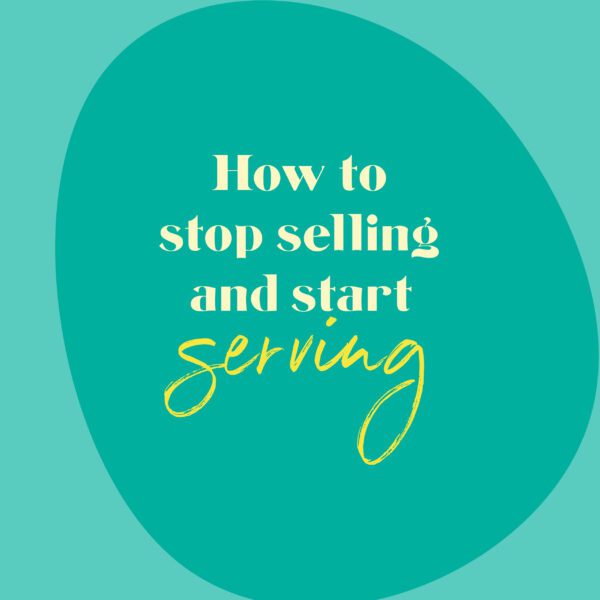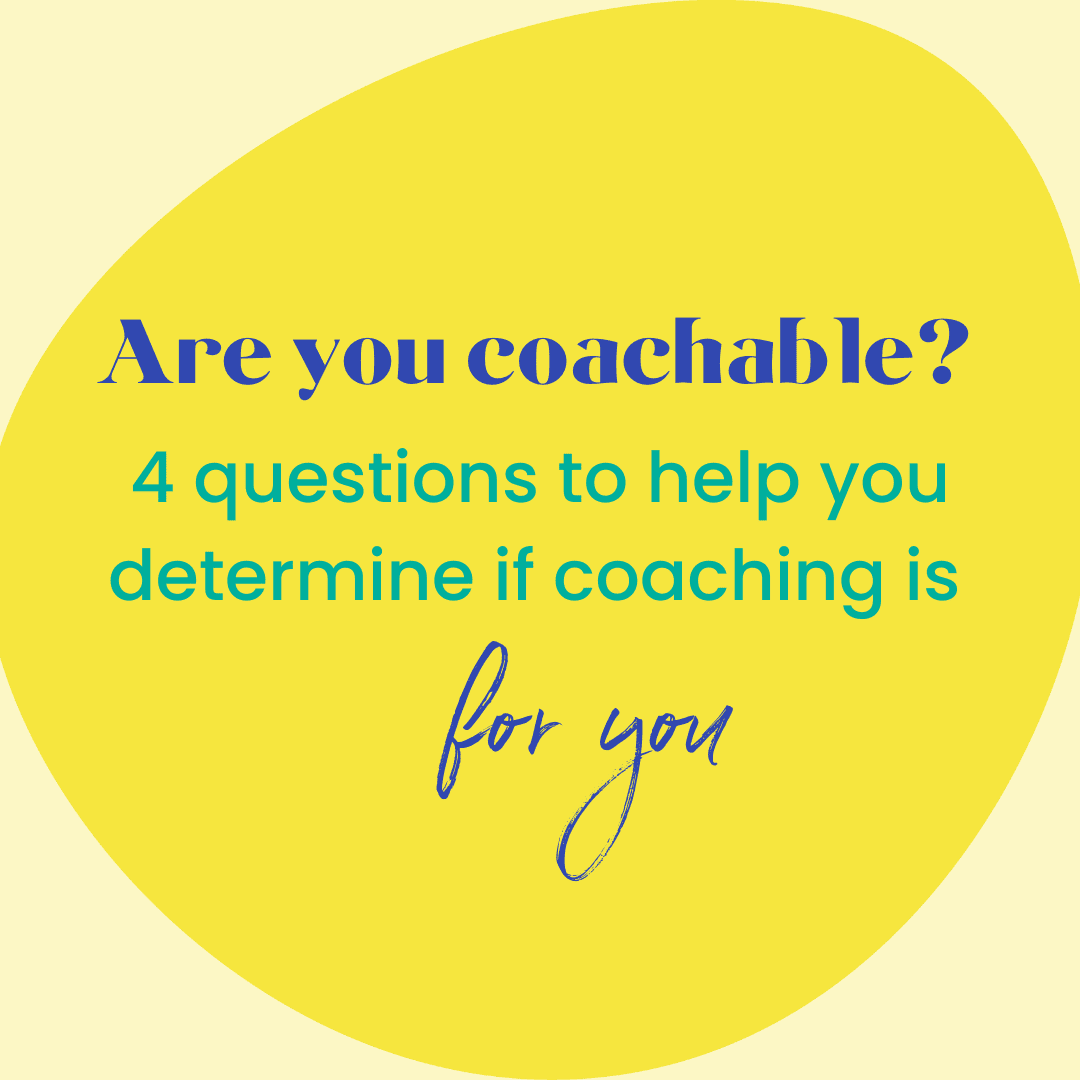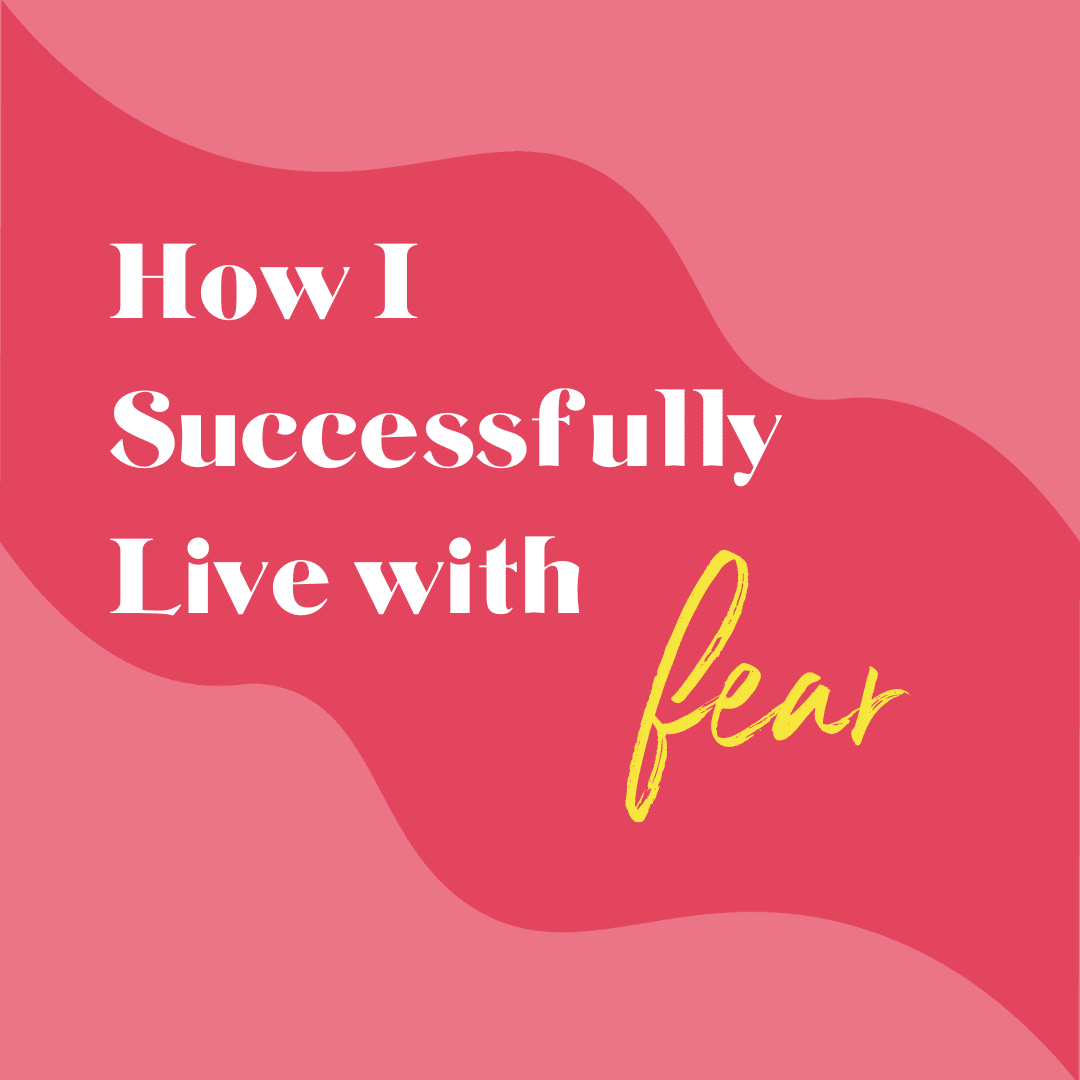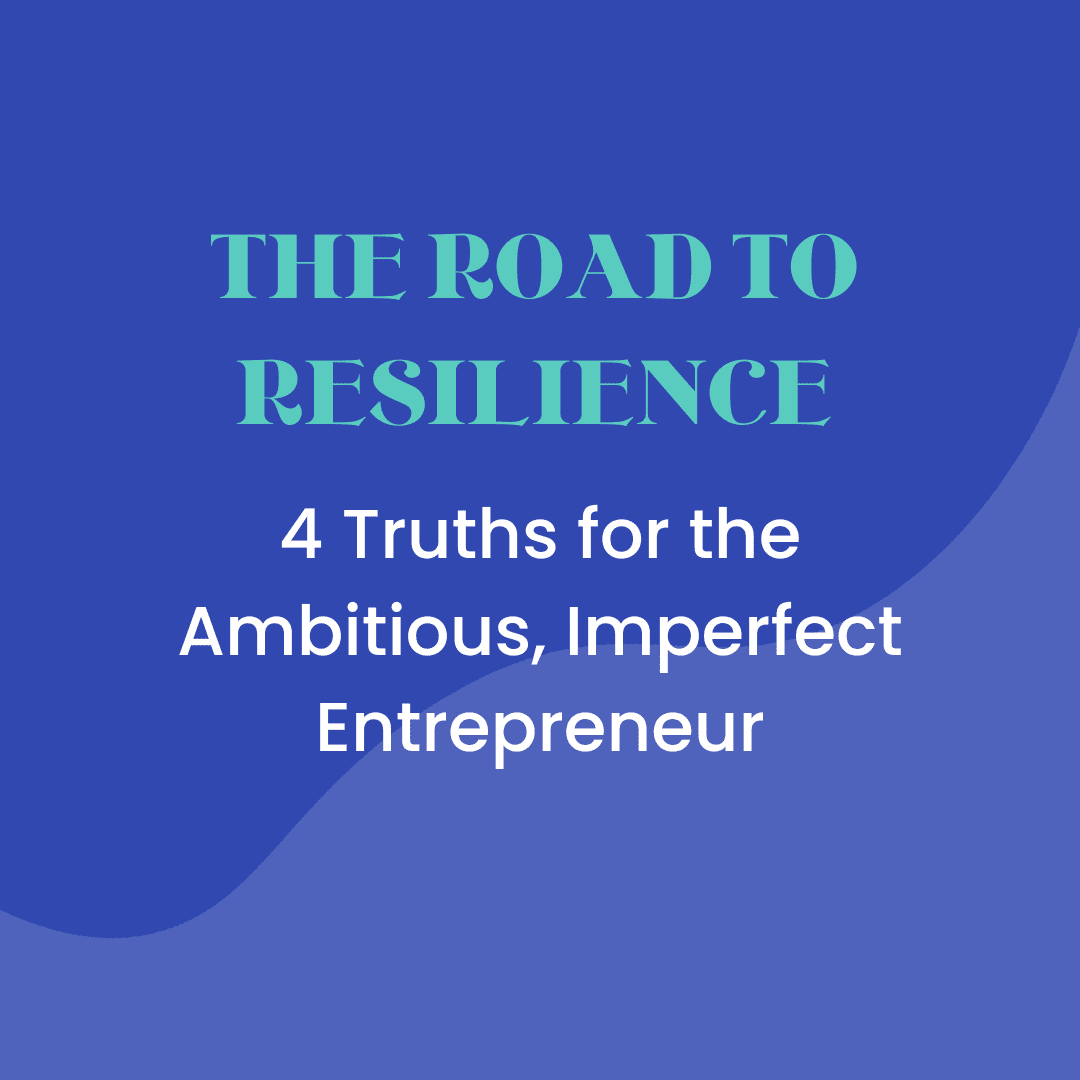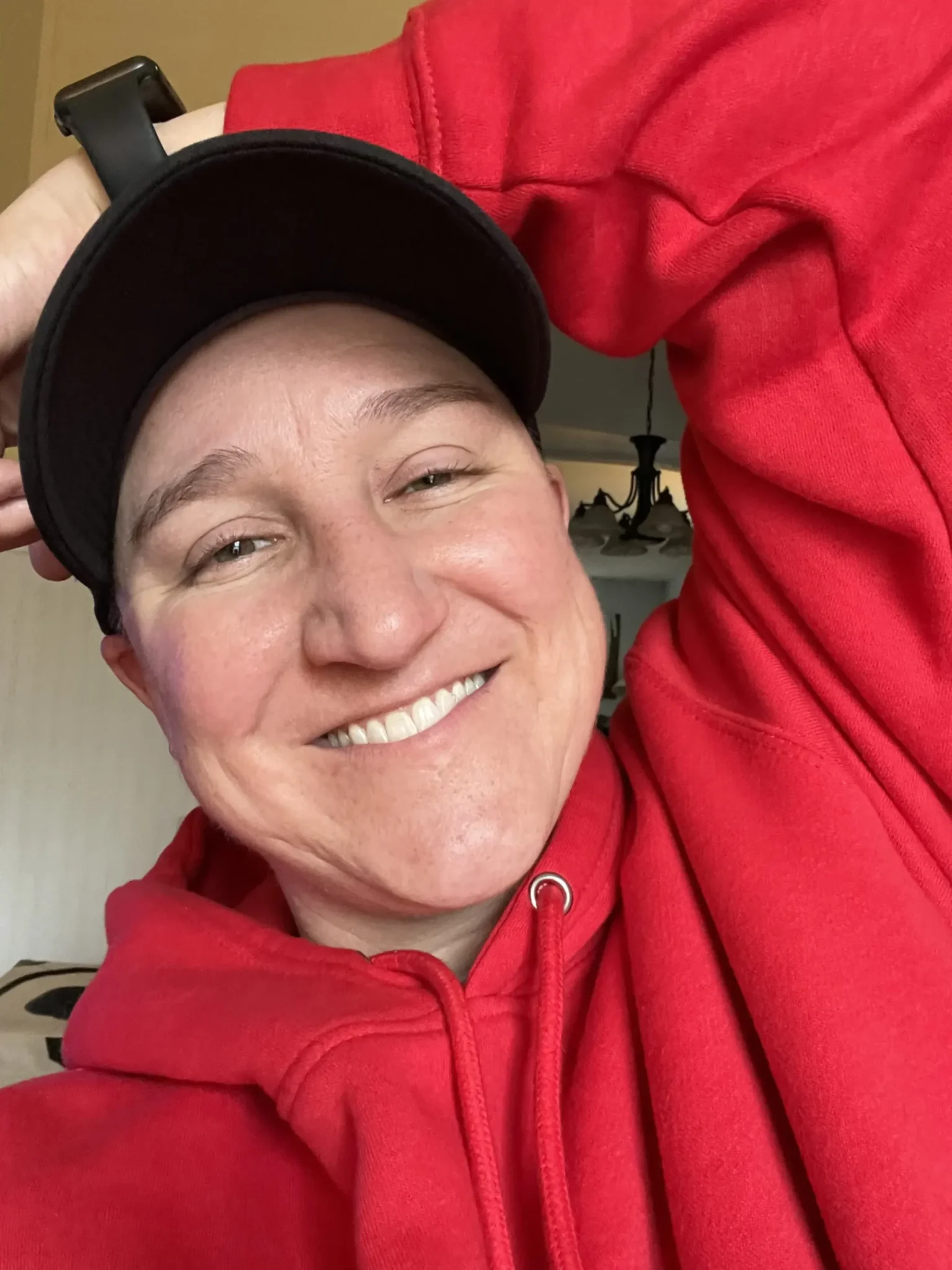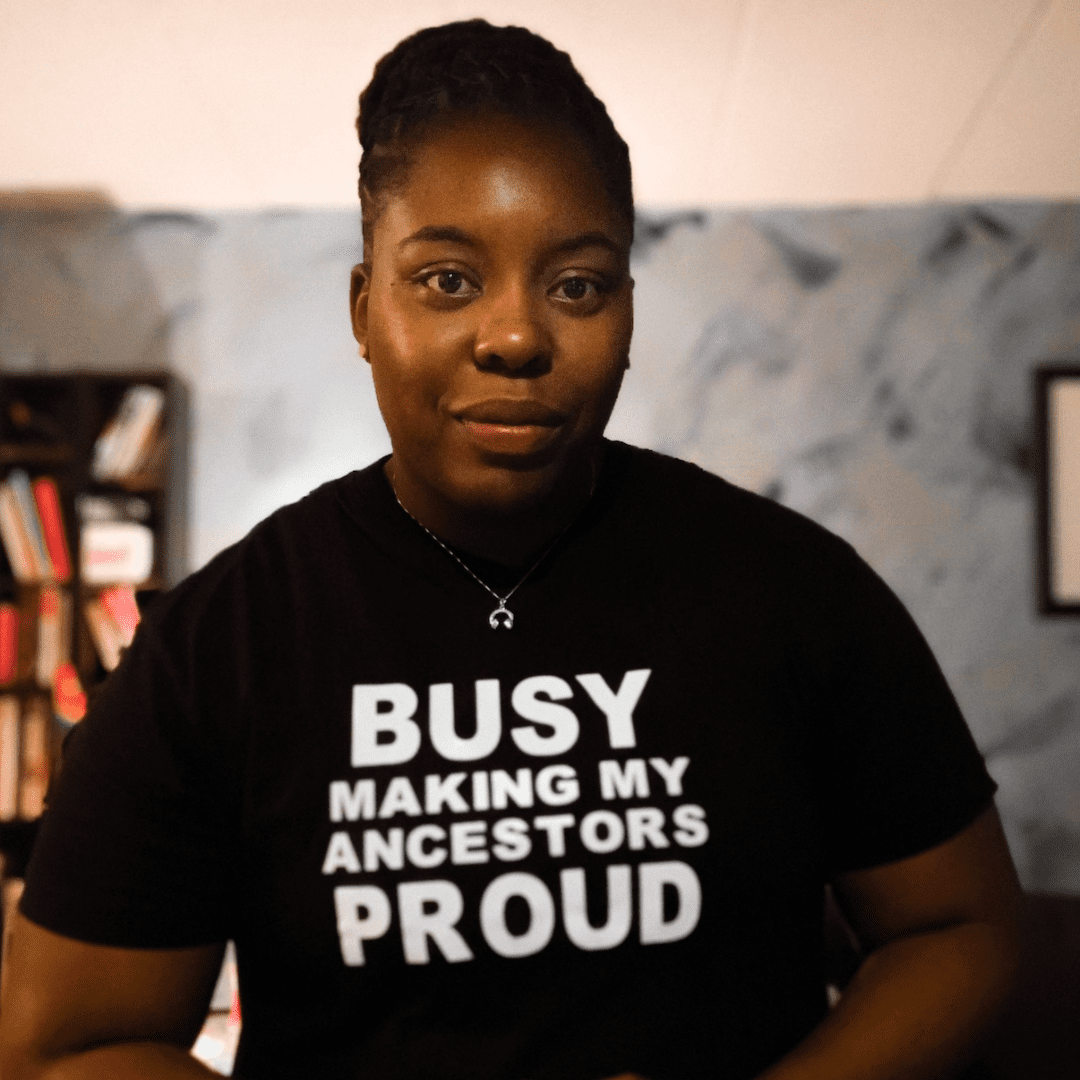The more integrated our work and home lives become with working remotely on the rise, the more we hear people talking about finding “Balance.”
Whether it’s a healthy work-life balance, a balanced diet, a healthy give-and-take in a relationship, we all understand the fact that the “good” comes with the “bad”—the hard with the easy, etc.—and we are forever trying to find that perfect in-between space.
Balance has become a romanticized, idealized buzzword we throw around…and a lot of people want to call bullshit on it. It can feel like a false construct—something unachievable or bordering on toxic positivity. And, that is true in a lot of cases.
A whole lot of unhealthy and unproductive shit is pushed around under the guise of “Achieving Balance” when, in reality, it’s all about how you feel that matters.
Though I don’t feel as strongly about it as some, I do think there is value in stopping to consider what balance really means or looks like in our own lives
Let’s explore this a little deeper...
There are three important schools of thought to consider here: 1) The concept of balance is subjective, 2) balance is not a final destination, but a journey and 3) creating a true sense of balance is the result of good boundaries.
BALANCE IS SUBJECTIVE
As I said, the concept of “a balanced life” is completely subjective—it not only looks different to each person, but it also likely changes with the days, seasons, moods, etc.
It’s individualized and unique for each person, because each person assigns more value to different areas of their lives.
Building a rewarding and joyful life is not always going to be a 50/50 split of work and non-work, as the word “balance” implies.
Some people find more value in building their career and others find more value in building their home life. Therefore, each will divide their time accordingly.
BALANCE IS A JOURNEY
Society paints balance as something to work towards and that, once you’ve achieved it, then your work is complete – you’ve made it and life instantly becomes better, easier, more enjoyable. This is totally laughable and wildly unrealistic.
Not only is this misleading, it often contributes to feelings of unworthiness. We see someone else’s idea of a balanced life and we desire it, though it is unattainable for our own lives which, therefore, leaves us feeling bad.
The reality is that it takes intentional action to MAINTAIN a sense of balance, or harmony, in your life. It ebbs and it flows and it’s often imperfect. Much like success, balance needs to be self-defined rather than holding yourself to someone else’s standards.
And that’s okay. It’s all part of YOUR journey.
BALANCE IS THE RESULT OF GOOD BOUNDARIES
That intentional action I mentioned? I’m talking about BOUNDARIES.
When it comes down to it, creating a true sense of balance and harmony in your life is about doing what FEELS GOOD to YOU when you check in with yourself at the end of the day, week, month, year.
Boundaries create a system by which you can achieve that sense of harmony; They are limits that define acceptable behavior and they are YOUR limits.
When you create boundaries – and communicate them clearly – you are practicing the purest form of self-care. It ALSO is a healthy expression of love to those around you, because it allows them to better understand your needs and expectations, eliminating the guesswork.
—
I’ve been speaking publicly for years now, about reclaiming the word balance and changing your mindset about what it means. It doesn’t mean everything is split evenly. It doesn’t mean that you feel great all the time, eat perfectly every day and never find yourself overwhelmed or frustrated. Balance isn’t the scales of justice. Honestly, it’s more like creating a sense of harmony.
Harmony, in my opinion, better captures the sense of contentment and peace we are all striving to create in our lives and businesses.
So, it’s time to stop chasing an unattainable picture of balance, and start BUILDING a life that better serves us. And that starts by setting boundaries.
Click here to begin your journey and unlearn Common Myths About Setting Boundaries.







